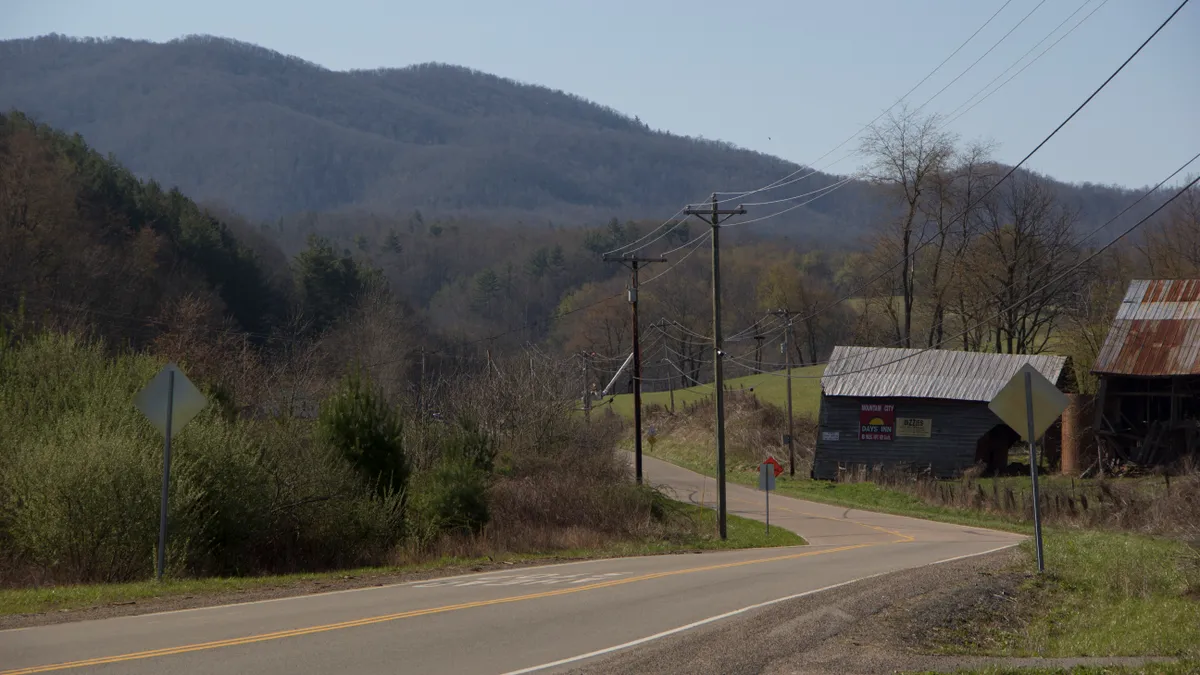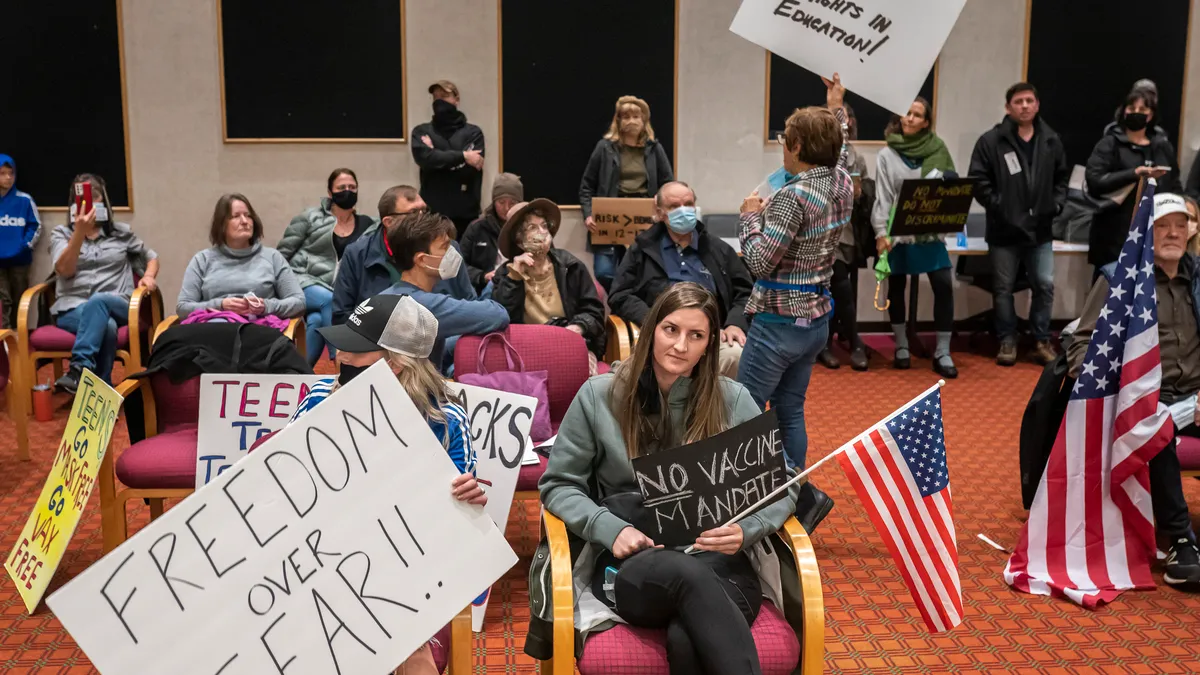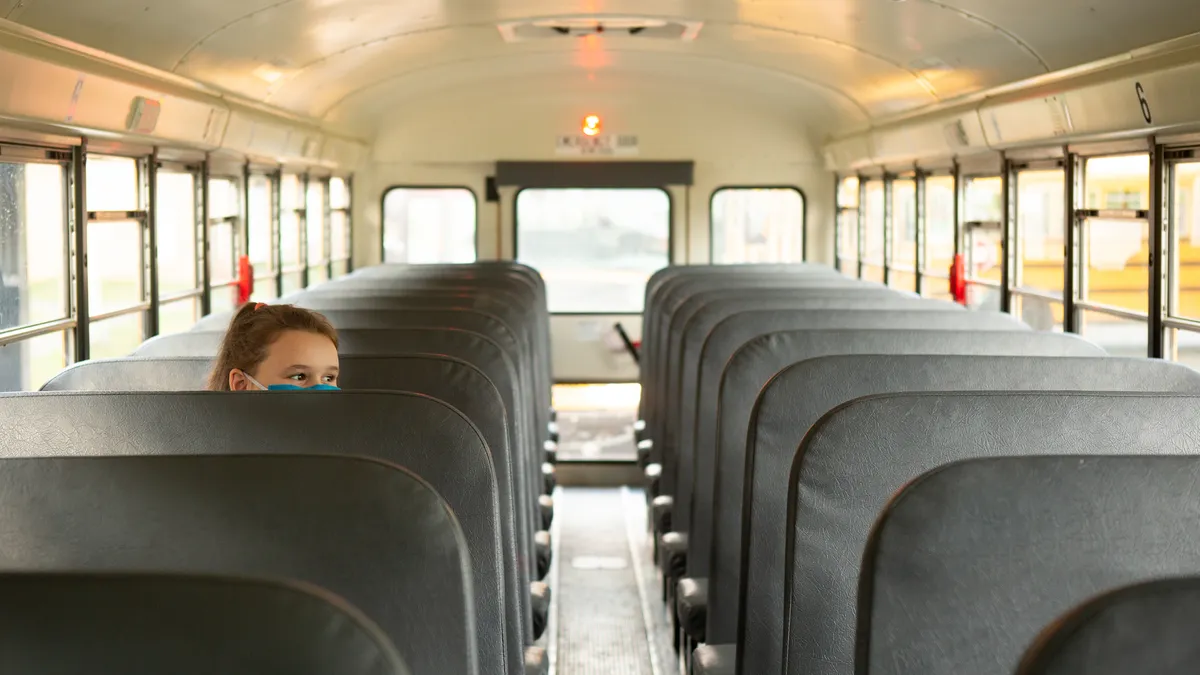Dive Brief:
- The primary education policies pushed by President Donald Trump and U.S. Secretary of Education Betsy DeVos focus on school choice, particularly expanding charter schools and creating voucher plans that give families public money to take to private schools.
- The Washington Post reports rural districts in Maine are among those concerned that this focus will leave their communities out because public schools are the only options in remote areas that can barely support one school amid shrinking populations, and alternative options can be hours away.
- Eric Steeves, superintendent of schools in East Millinocket, said if his district is forced to bus students wherever they want, it could be catastrophic, especially considering winter weather conditions on rural roads.
Dive Insight:
School choice programs have not historically required districts to provide transportation for students who choose to leave their public home school and need to travel to a new alternative. That has been one of the reasons why charter or private schools have been out of reach for some families. While it seems unlikely this would change under any new legislation, rural schools may find themselves in competition with virtual schools that could entice students away, along with state funding, though connectivity issues are a serious barrier to even this happening.
More likely is that rural schools will be left out of the education policy discussion entirely. This is not new. Rural poverty is often ignored in favor of focusing on inner-city problems and the scalable strategies that can solve them. The new FCC commissioner, however, has been a vocal advocate for addressing limited connectivity in the nation’s rural districts.













